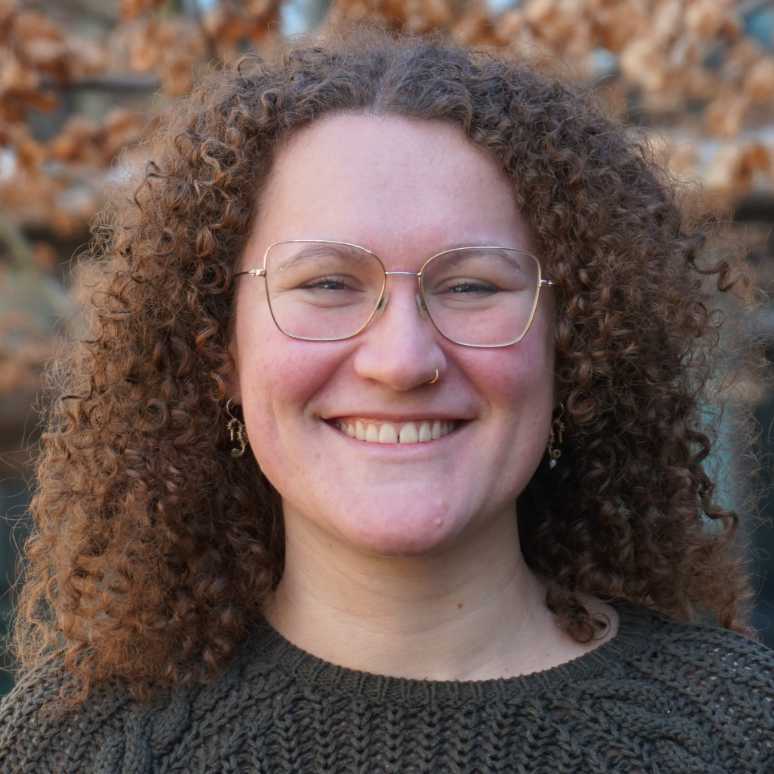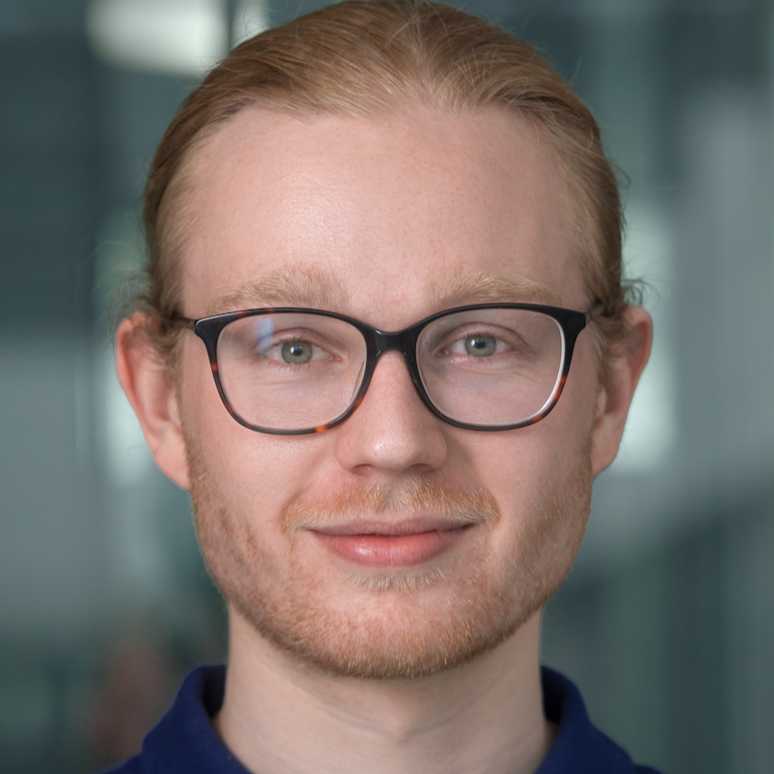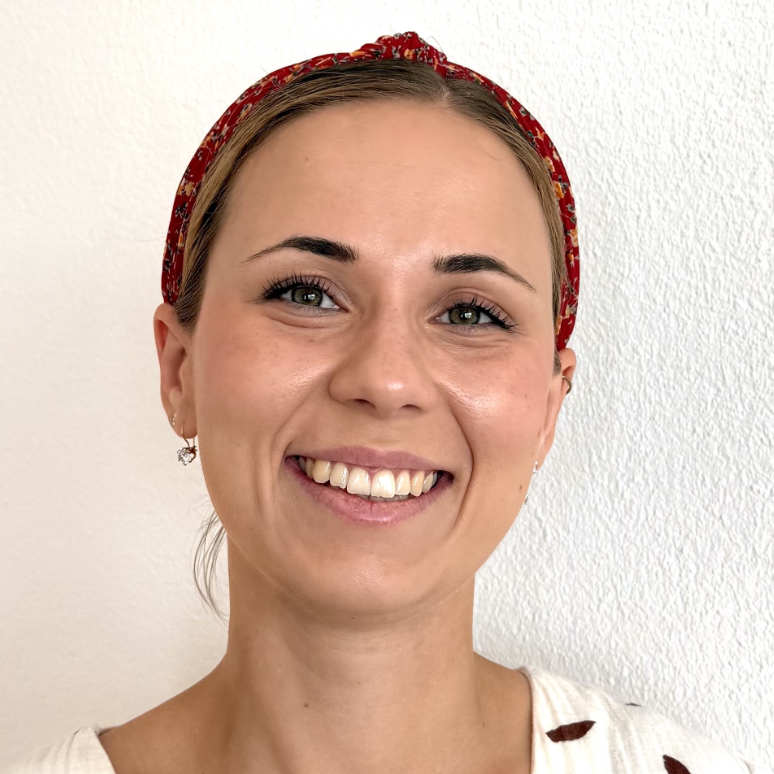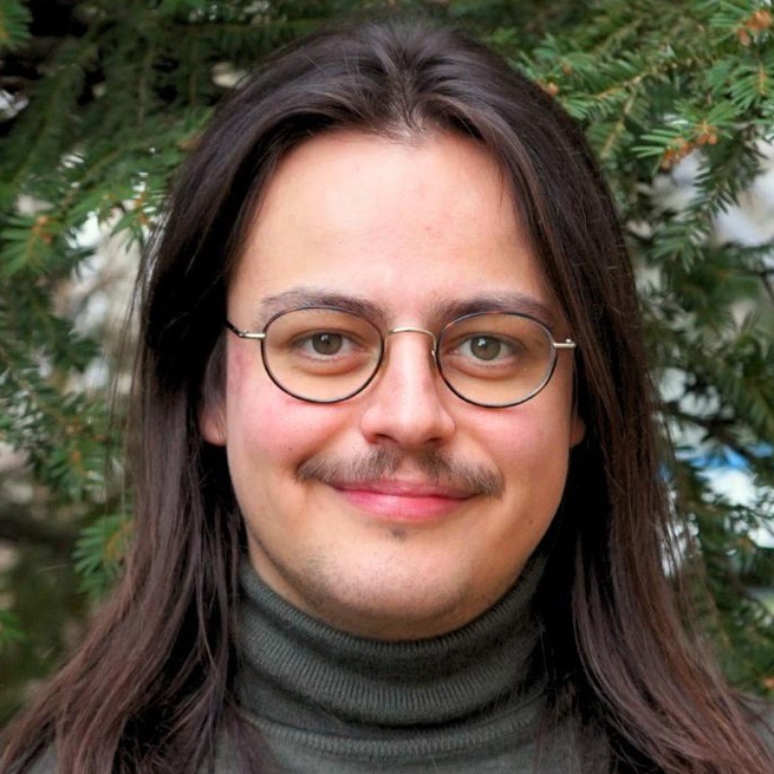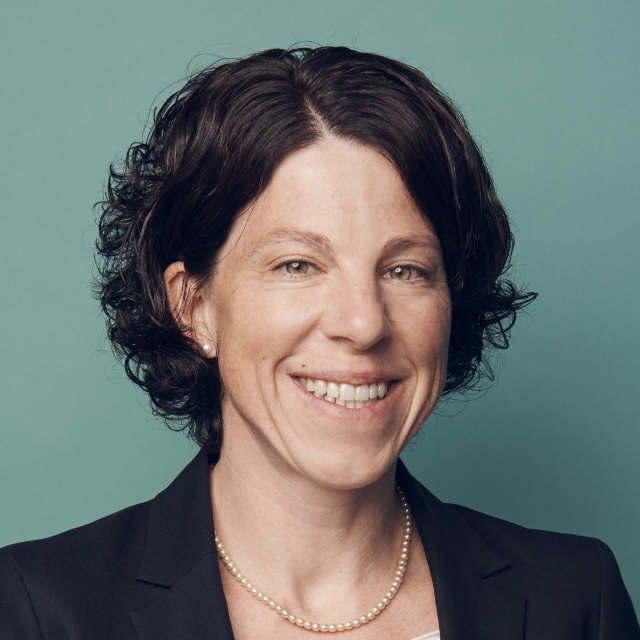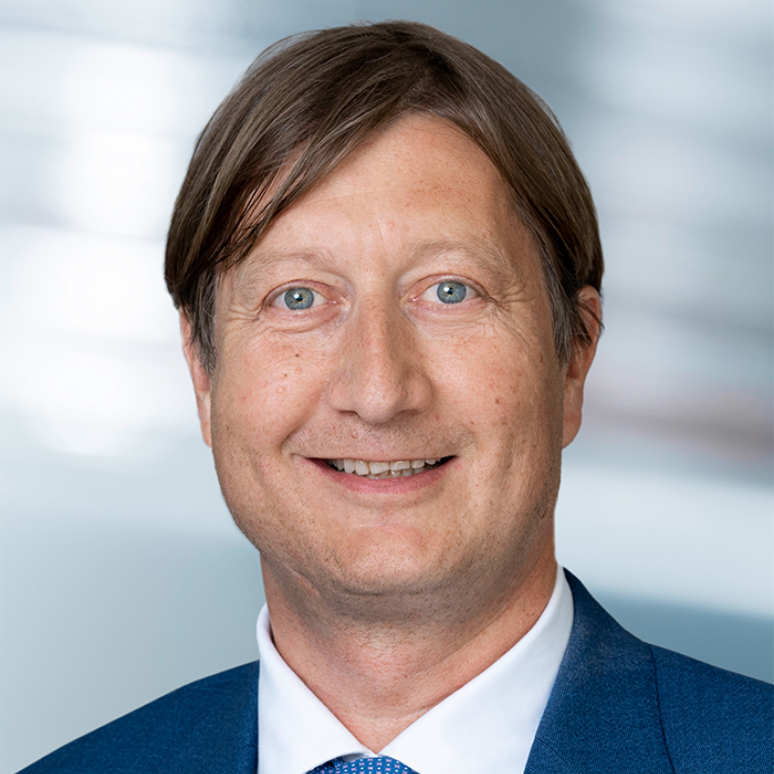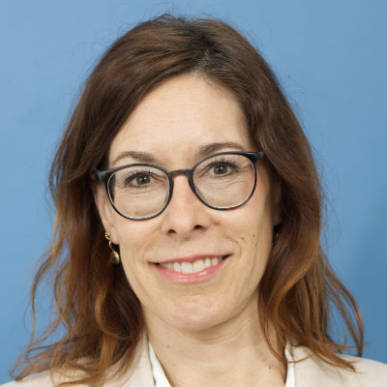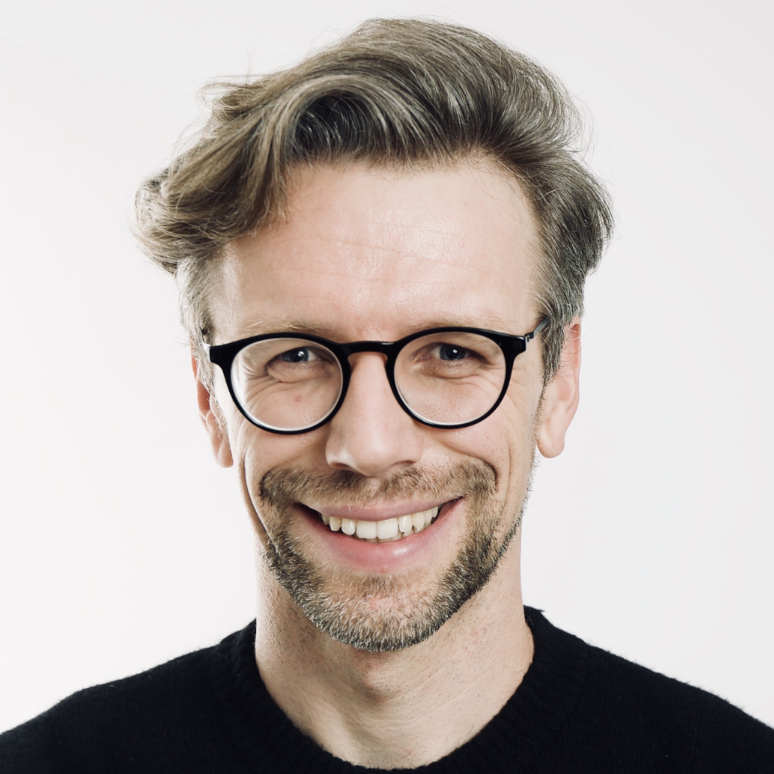Building Bridges, Expanding Horizons

If we are to truly grasp the complexity of our world and effectively shape it, we need to be able to build bridges – between disciplines, perspectives and methods. Transferable skills, such as the ability to collaborate in interdisciplinary teams, are becoming more and more important and are an asset on the job market. This is why UZH is continuously expanding its range of interdisciplinary and transdisciplinary courses. A major milestone in this regard was the founding of the School for Transdisciplinary Studies (STS) five years ago.
Relevant and practice-oriented
The STS lets students from across UZH’s faculties add interdisciplinary and transdisciplinary modules to their specialized studies, enabling them to enhance their individual profiles. Many of the modules are project-based or take a problem-solving approach and are developed in close collaboration with the faculties and various cross-disciplinary initiatives at UZH. Students tackle current, real-world issues and experience both the challenges and the benefits of collaborating across disciplines. They learn how to reconcile different perspectives, navigate differences and develop viable solutions.
Steady growth
Since it was founded, the STS has continuously expanded its range of courses. While its portfolio initially included five modules, this figure has now grown to 29. In 2024, the STS introduced the Digital Society Initiative’s cross-faculty minor study program Digital Skills. Meanwhile, module bookings have increased from 569 in the 2021 Spring Semester to 1,147 in the 2025 Spring Semester.
The STS’s courses are developed on an ongoing basis. To this end, UZH introduced the transdisciplinary_innovation funding line in 2022. Moreover, instructors can also benefit by taking STS continuing education courses, where they gain practical didactic skills to shape their interdisciplinary and transdisciplinary teaching.
Unique in Switzerland
“Today, the STS is a recognized hub for innovative interdisciplinary and transdisciplinary teaching and learning. It remains unique in Switzerland,” says Gabriele Siegert, Vice President Education and Student Affairs.
“The STS stands as a true trailblazer in the university landscape,” adds Nick Netzer, Vice Dean of Studies at the Faculty of Business, Economics and Informatics and a member of the STS Executive Board. Stefan Krauter, who is Vice Dean of Studies at the Faculty of Theology and the Study of Religion and also serves on the STS Executive Board, says: “The STS contributes to making the University of Zurich a truly universal place of learning.”
Cross-disciplinary community
In the five years since its launch, the STS has brought together countless students, instructors and representatives from business and society, creating a community where everyone can share experiences and explore innovative teaching and learning methods. To mark its five-year anniversary, we asked some of the key actors in the STS’s success to share their thoughts.
